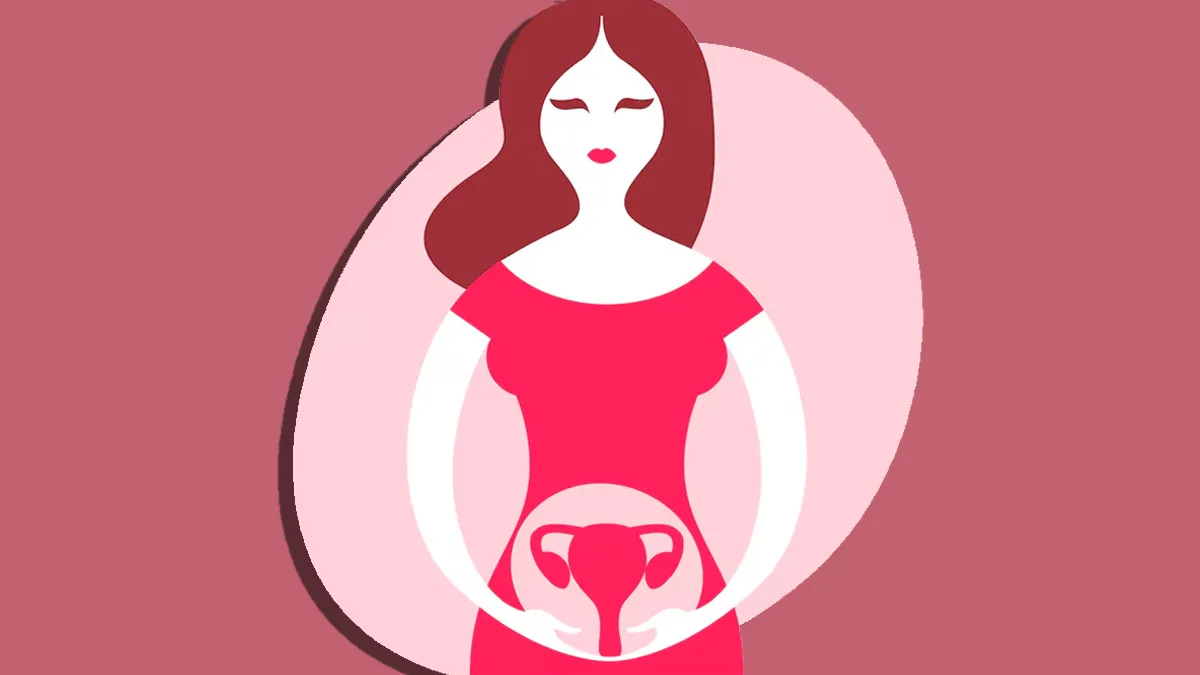
When it comes to fertility, most conversations focus on what to eat, but there’s another piece to the puzzle that’s often overlooked: when you eat. Known as chrononutrition, this approach is gaining attention for its impact on hormonal balance and reproductive health. We spoke to expert Dr Latha Sashi, Chief Nutritionist and Head, Dept. of Clinical Nutrition and Dietetics, Fernandez Hospital, and Ramsagaram Sri Ravalika, Senior Research Associate, Clinical Nutrition and Dietetics, Fernandez Hospital, who shares how meal timing can influence a woman’s fertility and offers practical tips for finding that balance:
Chrononutrition explores not just what we eat, but when we eat. It aligns meal patterns with our body’s natural circadian rhythms, such as our sleep–wake cycle, according to NIH research. When dinner comes very late or meal timing shifts day to day, key hormonal systems, like the reproductive axis, can become disrupted. This misalignment can impact menstrual cycles, ovulation, and overall fertility in women.

The expert explains, “New research shows that when we eat has a bigger impact on our health than we know. Your body’s internal clock regulates important functions like hormone release, digestion, and metabolism. Your body experiences natural fluctuations in certain hormones such as insulin, cortisol, and melatonin throughout the day based on this clock.”
Chrono-nutrition’s impact on reproductive health is seeing a great interest among men and women. The expert says, “The important thing is to eat at consistent times and focus on a nutrient-rich diet, which can influence ovulation, sperm quality, and overall fertility. Consume more of whole grains, fruits, vegetables, and lean proteins, which are packed with nutrients like folate, omega-3 fatty acids, and antioxidants. Avoid late-night snacking, processed foods, and excess caffeine that negatively affect fertility outcomes.”
Disruptions in meal timing and irregular eating windows have been linked to vitamin D deficiency, which in turn may disturb reproductive hormones and impair fertility.

Chrono-disruptions, like shift work, late-night meals, or skipped breakfast, can contribute to inflammation and disruption of key reproductive hormones such as oestrogen and progesterone, affecting endometrial receptivity and ovarian function.
Don't miss: How To Manage Sleep Cycle, Stress, And Supplements For Those With Hepatitis
While a fertility-focused diet, such as one modelled on Mediterranean eating, remains important (with plant-based proteins, healthy fats, and folate-rich foods), the expert emphasises that timing is just as crucial as content.
For instance, eating the right nutrients during the biologically optimal window helps with nutrient absorption, hormonal function, and vitamin D metabolism. In other words, nutrients yield their full benefit only when your internal clocks are well aligned.
Don't miss: Does Applying Clove Oil Behind Ears Really Help With Headaches? Here’s My Experience
The expert recommends having a balanced approach that combines both nutrition and timing for stronger fertility. Establishing consistent meal routines, aligning eating windows with daylight hours, and avoiding late-night food can help restore metabolic balance, support hormonal cycles, and reduce chronic low-grade inflammation. While individual circumstances may vary, this method works hand in hand with a healthy diet to offer better chances of conception.
By focusing on both when you eat and what you eat, you’re not only nurturing your body with the right nutrients. Make sure to consult a dietitian/nutritionist.
For more such stories, stay tuned to HerZindagi.
Image credit: Freepik
Also watch this video
Herzindagi video
Our aim is to provide accurate, safe and expert verified information through our articles and social media handles. The remedies, advice and tips mentioned here are for general information only. Please consult your expert before trying any kind of health, beauty, life hacks or astrology related tips. For any feedback or complaint, contact us at compliant_gro@jagrannewmedia.com.